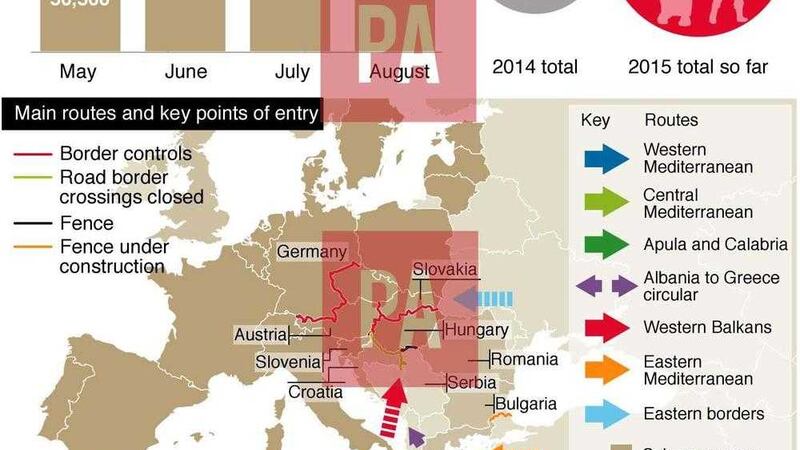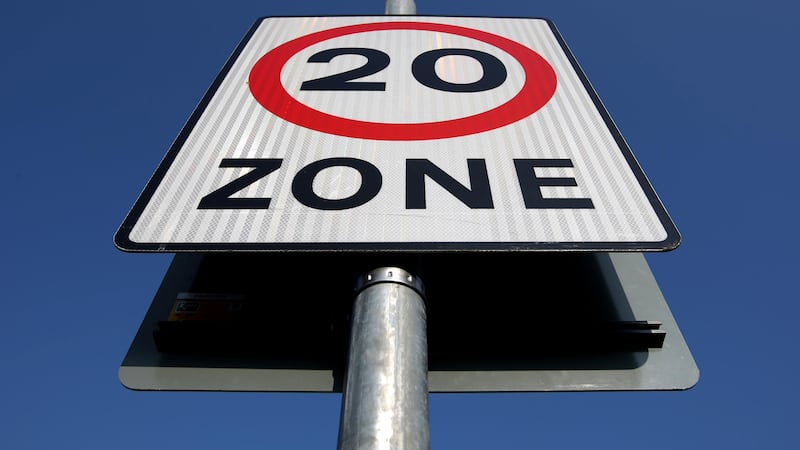Britain has seen one of the largest jumps in international migration among the world's developed countries, a major international report indicates.
A total of 558,000 people came from other countries to the UK last year – a rise of almost a quarter (24%) compared with the previous year, according to preliminary data compiled by the Organisation for Economic Co-operation and Development (OECD).
Of the 27 other nations analysed in the think-tank's International Migration Outlook, only Israel and the Czech Republic recorded larger year-on-year rises at 36% and 38% respectively.
Germany and the United States had higher overall international migration flows than Britain, with 1.3 million and one million last year, according to the figures, which include permanent and temporary entries.
Data for permanent arrivals in 2013 – the most recent available – showed the UK recorded a more modest rise of 2% compared with the previous year.
Last month figures published by the UK Office for National Statistics showed that net long-term migration to the UK – seen as the most significant indicator – reached a record 330,000 in the year to March.
The OECD examined migration trends in a number of countries including EU member states, the US, Australia and Japan.
Its research showed that the total foreign-born population in the nations stood at 117 million in 2013, 40% higher than in 2000.
The OECD said countries covered by the report are facing an unprecedented refugee crisis.
Secretary general Angel Gurria said: "European leaders need to step up to the challenge so that Europe as a whole emerges stronger economically, socially and politically. Europe has the experience and the capacity to respond."
The OECD predicted that Europe is likely to record more than a million asylum applications this year. The most recent figures from the EU show 572,520 claims lodged in the first eight months of the year.
Mr Gurria said: "The human cost of this refugee crisis is appalling and countries need to quickly agree a fair allocation of refugees within Europe, and ensure that such vast numbers of troubled people receive shelter, food and support.
"It's essential that they also address the medium and long-term policy responses to this crisis.
"An emerging challenge will be the integration of the many new refugees who will remain in European host countries. We need to scale up and adapt programmes so that refugees can integrate as quickly as possible in their new homes and make best use of their skills. We should all remember that migration is not a liability, but an asset."








